Your message has been sent.
We’ll process your request and contact you back as soon as possible.
The form has been successfully submitted.
Please find further information in your mailbox.
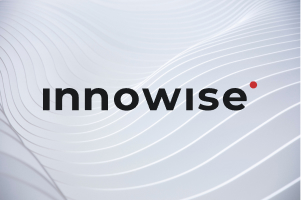
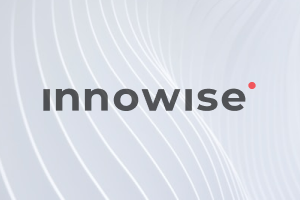

When we look at the overall development process, we can see that testing has become the last bottleneck in DevOps. Automation has been a godsend, but with greater amounts of tests and increasing complexity, automation shows its limitations. Where dense products require over a thousand tests, requiring manual test generation and maintenance, teams will spend around 3-6 months on creation, and dozens of hours per week just on support.
AI aims to solve this challenge and claw back precious time. But how? When transitioning to intelligent testing workflows (with no coding), companies report up to 70% reduction in testing effort. These are irrefutable numbers, achieved primarily through reduced maintenance and lower dependence on coding-heavy roles. But like any breakthrough, it comes with nuances.
I’ve been in software testing for 15 years and counting, and I’m eager to show how a well-planned, strategically implemented introduction of AI can drive positive change. I experiment, analyze, and yield the result in AI-backed testing, which I confidently offer to clients. To understand how AI can be used in software testing and how to approach it for maximum benefit, read on.
Both manual and automated testing suffer from bottlenecks. Manual testing was created for slower release cycles where software is shipped several times a year. While automation has accelerated testing, it has brought about stability challenges.
What QA teams are struggling with:
To break through these challenges, we need a drastically different approach with intelligent selection, prioritization, and engineer-grade analysis at scale — many of which AI can greatly assist with.
First and foremost, AI use in software testing is not a replacement for QA engineers. It means injecting intelligence into any part of the testing lifecycle to assist engineers. Next, it’s not a replacement for automation. While the latter is focused on repeating pre-defined steps, AI helps tests learn from previous results, automatically update tests, and forecast potential failure zones, optimizing the whole process.
Technologies that leave behind AI-driven test automation act as follows:
Contact Innowise to validate feasibility and implement intelligent testing in an optimized way.
Here’s some good news: AI will streamline the most labor-intensive duties. By scanning requirements, acceptance criteria, user stories, and historical test data, it suggests or creates new test scenarios automatically, including edge cases that humans might miss. Tools built on GPT-4 or Code Llama, or fine-tuned in-house models, can analyze all possible scenarios to generate test steps and conditions. NLP models help structure these inputs and generate comprehensive test cases based on your custom rules.
Faster test design, broader coverage, fewer gaps in QA, and teams focusing on core tasks.
The good news continues: AI is alleviating one of the biggest testing headaches — missed data. Generative AI models can generate data that mimics production behavior and data combinations for complex workflows and edge cases. Machine learning models learn from schema patterns and historical data to produce valid and even intentionally “bad” inputs that strengthen coverage. With data masking and differential privacy tools, you ensure anonymization while preserving data integrity. It’s especially valuable for complex user journeys within domains like fintech or healthcare.
Consistent and relevant data for every test run, improved reliability and compliance, and less manual setup.
Automated tests tend to break from even the smallest UI or workflow changes, which produces a steady stream of false failures. AI efficiently detects changed locators, identifiers, or API paths when a test fails, and automatically updates or repairs them. The intelligent system learns the patterns behind stable and long-term identifiers and progressively strengthens the entire suite.
Far less maintenance effort, stable test suites, and uninterrupted CI/CD pipelines.
Using AI in software testing helps validate UI by comparing screenshots, DOM structures, and rendering patterns between versions to detect visual differences, such as misplaced elements or layout shifts. Moreover, AI successfully compares how the interface renders across devices and browsers. Unlike naive pixel diffs, AI knows what’s dynamic (ads, timestamps) and what’s an actual regression, reducing false alarms.
Faster, more accurate UI validation that ensures a consistent user experience across browsers and devices.
Smart reports condense overwhelming data, such as logs, screenshots, stack traces, timings, etc., into an insight-driven form. AI analyzes patterns across builds, clusters similar failures, correlates them with recent code changes, and surfaces the reasons tests failed. Instead of wading through hundreds of red tests, teams get a vivid summary with prioritization like: “Most failures relate to updated checkout API; likely caused by commit #4821.” For leadership, it becomes a key for quality trend tracking.
Faster triage, better visibility for QA and product teams, and data-backed release decisions.
Instead of manually digging through logs, comparing stack traces, and trying to connect failures to recent changes, AI clusters related failures, detects shared patterns, and correlates them with specific commits, configurations, or components. This accelerates root-cause identification dramatically.
By analyzing historical defects, code changes, and test outcomes, AI predicts which components are most likely to fail. It highlights “hot zones”, the areas with high failure probability. This way, teams get rid of guesswork and can focus testing and engineering effort where the actual risk is.
Teams prioritize high-risk areas before release and diagnose current issues faster, which shifts QA from reactive to preventive.
AI-driven test orchestration helps bypass the speed vs stability trade-off by deciding which tests matter for each code change and when they should run. Intelligent system analyzes recent commits, test history, and stability patterns to prioritize the most relevant and high-impact scenarios while skipping redundant or low-risk tests. It also optimizes execution order and parallelization, and drives efficient environment usage to keep pipelines fast.
Shorter test cycles, faster feedback loops, and optimized resource usage.
| Testing type | Where AI helps |
|---|---|
| Unit testing |
|
| Integration testing |
|
| UI & functional testing |
|
| Regression testing |
|
| Performance testing |
|
| Security testing |
|
| Exploratory testing |
|
While AI tools don’t automate CI/CD pipelines themselves, they streamline and optimize many surrounding testing activities, which significantly boost the overall testing workflow. What AI can bring to the table:
Before connecting AI to your workflows, adjust the environment around it. As it brings its specifics, such as large-scale data input and a need for continuous learning, your DevOps lifecycle must be prepared to feed, integrate, and retrain AI models seamlessly.
Start with your challenges: AI helps where bottlenecks are the most tangible. High maintenance overhead and flake rate, long regression, narrow coverage of critical scenarios, and slow root cause analysis are common pain points that AI is well-positioned to cure.
To avoid overestimating AI software testing, capture “before” across key metrics, including test coverage, MTTR (mean time to resolution), regression cycle time, flake rate, or maintenance hours per sprint. This will show where AI really helps, and where it still needs refinement.
Pick up the problematic area for the pilot implementation with lots of UI changes, tests breaking, and repetitive scenarios. Over a 2–6 week pilot, you’ll start seeing early gains, whether it’s lower flakes, faster regression, or more accurate RCA.
Once the pilot proves value, embed the AI system into your CI/CD pipeline so that test selection, prioritization, and execution adapt dynamically to code changes. Regular retraining on new UI patterns, defects, or project structures will help achieve sustainable results.
Remain human oversight for complex and rare scenarios, considerable UI and API changes, and strategic coverage decisions. This way, you’ll gain both 30% faster testing without compromising on engineering maturity.
We integrate and customize targeted, advanced tools for your releases to move faster.
Using AI for software testing may become impractical or too risky in certain contexts. I typically recommend reconsidering AI adoption when:
According to DevOps Digest, over 55% of companies have at least tried AI tools for development and testing. As businesses report around 25% cost reduction in testing costs through AI, this trend is anticipated to gain even more momentum.
Should we expect widespread adoption? Over the next 3–5 years, tools will mature, best practices will solidify, and the use of AI in software testing will naturally broaden. Overall, it’s predicted to become the next logical step in QA lifecycles, similar to how CI/CD was a rarity some time ago and has now become a common practice. If you integrate AI today, you’ll need a rigorous feasibility assessment against your product and existing processes, and you’ll likely become a pioneer in some emerging practices.
AI adoption doesn’t mean replacing QA altogether. It’s replacing the unsustainable parts of traditional automation, such as brittle scripts, massive maintenance, slow regressions, and manual triage. Today, AI proves its efficiency and reliability in resource-intensive duties, such as test case generation and root cause analysis.
By following best practices of software testing using AI, companies can save on testing effort and release their products faster without sacrificing efficiency. However, keeping a human in the loop remains key for long-term success.
If your testing bottlenecks are holding back progress and you’re working on a complex, high-volume product, AI adoption can be the next logical step. Turn to Innowise to run a full assessment and define AI-powered and complementary solutions that fit your goals and long-term strategy.

Head Of Quality Assurance
Andrew brings a critical eye and deep testing expertise, making sure that what we deliver always lives up to what we promised. He knows how to break things before users do — and how to fix them fast, without cutting corners.

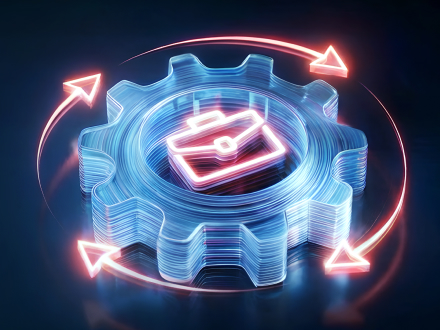


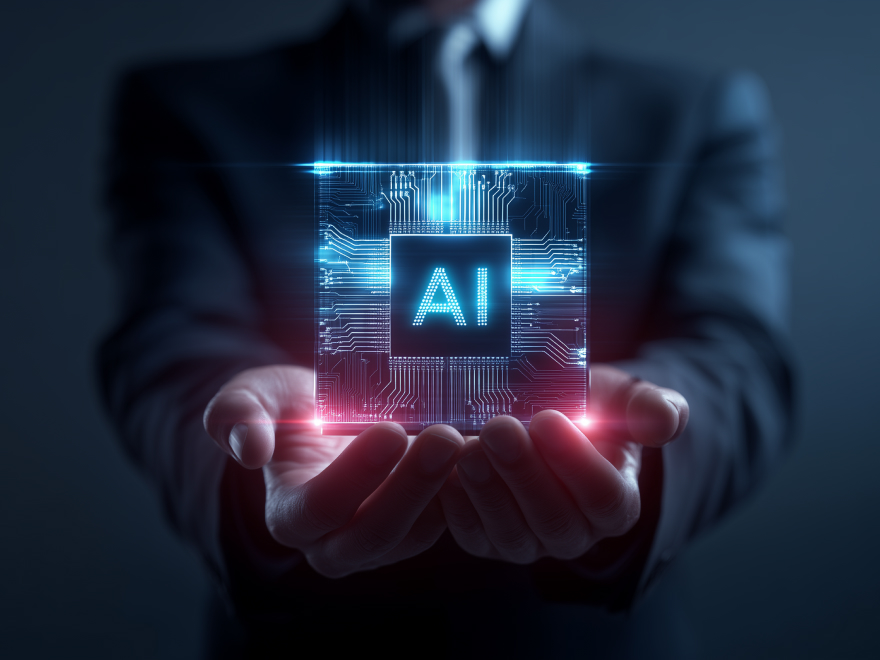



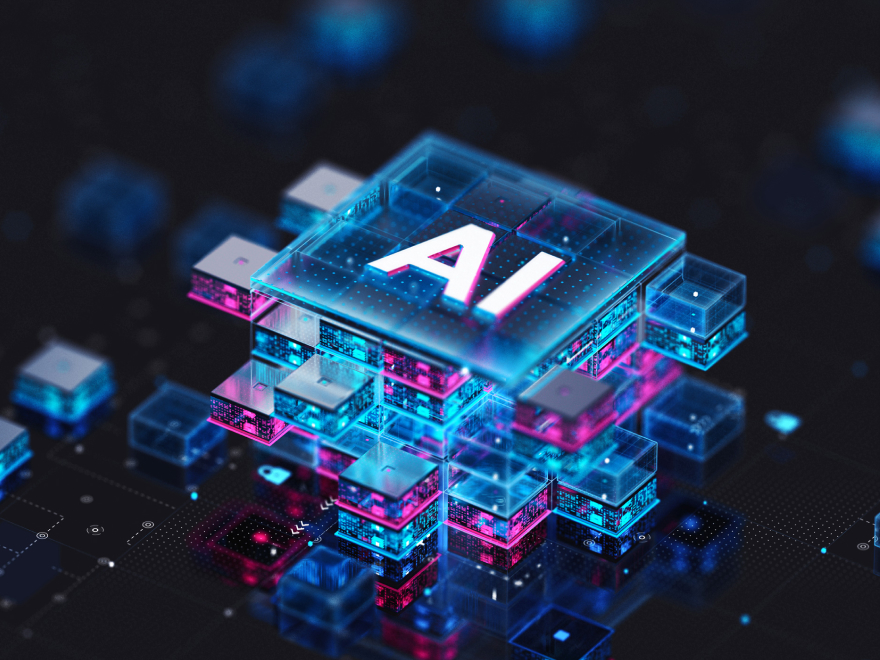



Your message has been sent.
We’ll process your request and contact you back as soon as possible.

By signing up you agree to our Privacy Policy, including the use of cookies and transfer of your personal information.